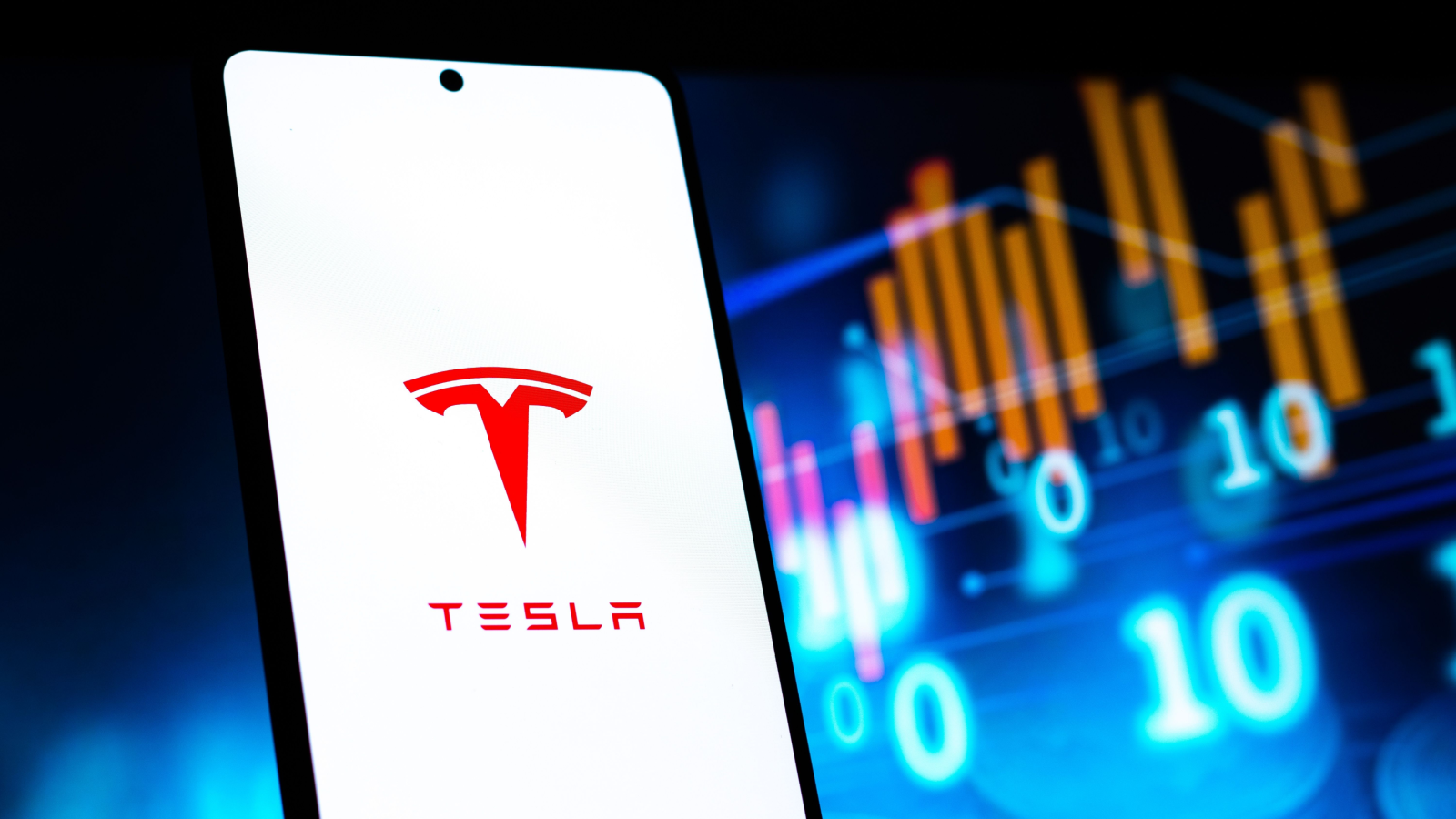
Tesla (NASDAQ:TSLA), despite experiencing a 20% decline in its stock value so far this year, remains the world’s most valuable car company with a market cap of $637 billion as of February 19. This valuation is more than double that of Toyota Motor (NYSE:TM), which is valued at $306 billion and ranked second. Ford Motor (NYSE:F), the second most valuable U.S. car company, has a market cap of $55 billion.
However, when considering the size of Tesla’s business, it becomes clear that it lags behind in terms of revenue compared to its competitors. In 2022, Tesla reported sales of $96 billion, while Toyota reported sales of $247 billion and Ford reported sales of $176 billion. Tesla’s net income for the same period was nearly $15 billion, while Toyota’s net income surpassed $16 billion and Ford’s net income was only $4 billion.
The question arises: would Tesla still command such a premium valuation without its CEO, Elon Musk?
One of Tesla’s strengths lies in its ability to establish and sustain profitable electric vehicle (EV) production infrastructure. However, the company’s profitability is currently stagnant, with its auto revenue in the fourth quarter matching that of the previous year at $21 billion. Services, including revenue generated from the software running in Tesla cars, contributed 10% to the total revenue for the quarter. This has led some to argue that Tesla is not merely a product company like Toyota, but more of a services business like Apple (NASDAQ:AAPL), with services accounting for only 19% of Apple’s revenue.
Another aspect of Tesla’s business that has garnered praise is its battery business, which was valued at $6 billion in 2022. However, with competitors such as CATL building their own battery plants and assembling batteries for other automakers like Ford, Tesla’s battery business is facing increasing competition. CATL, for example, is estimated to be worth around $100 billion.
Despite Tesla’s strengths, its weaknesses are becoming more apparent. One significant weakness is its product line, which is in need of a complete refresh. Tesla’s vehicles currently bear a resemblance to Toyota’s Camry, which will soon be exclusively hybrid-powered, a feature preferred by many American buyers due to range anxiety associated with fully electric vehicles. Toyota itself predicts that full electric vehicles will not surpass 30% of the global market due to lagging infrastructure.
Toyota poses as a major threat to Tesla, as evidenced by its stock increase of 59% over the past year compared to Tesla’s 4% decline. Toyota’s value, including its $198 billion in property, is significantly discounted compared to Tesla’s $60 billion valuation.
Furthermore, Tesla’s Cybertruck has been met with criticism, while Toyota is introducing an electric version of its Tacoma truck and Ford and GM are focusing on hybrid vehicles. Additionally, sales of Rivian (NASDAQ:RIVN) electric vehicles are slowing down.
In conclusion, while it is understandable why Tesla is considered the most valuable American car company, the significant gap between its valuation and that of Toyota raises questions. Elon Musk, the CEO of Tesla, plays a crucial role in the company’s valuation. However, both Tesla and Toyota will face similar competitors over the next two years, including BYD and various other Chinese automakers. The future success in the electric vehicle market will depend on producing affordable EVs, with a target price of $25,000 that middle-income families can afford. While Toyota and BYD are positioned to meet this demand, Tesla’s current lineup does not. As a result, it may be advisable to sell Tesla shares.
Disclaimer: The author holds a long position in AAPL at the time of writing. The opinions expressed in this article are the author’s own and do not necessarily reflect the views of InvestorPlace.


